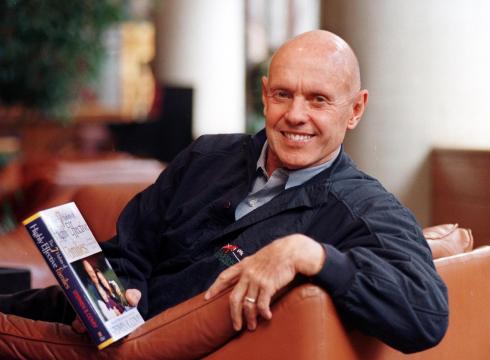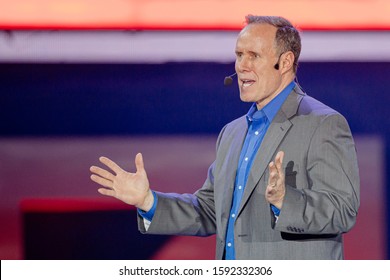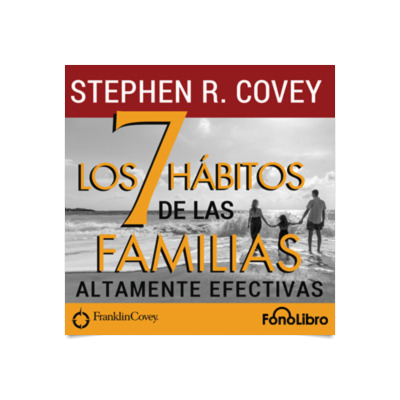

It's better to go to sleep on Helaman or Moroni than on the latest TV talk show." (p. 298) In the same book he writes, "Cultivate the habit of reading the scripture everyday - perhaps just before retiring.

In The 7 Habits Of Highly Effective People, Covey writes that he finds renewal in daily meditation on the scriptures, but in The Divine Center he identifies the most powerful scriptures in his life as " … the Gospel of John, the epistles of Paul and Peter, the Book of Mormon, and Doctrine and Covenants." (p. He writes, "I have found in speaking to various non-LDS groups in different cultures that we can teach and testify of many gospel principles if we are careful in selecting words which carry our meaning but come from their experience and frame of mind." (The Divine Center, p.

Yet, 7 Habits contains many of the same principles, anecdotes, and illustrations as found in one of Covey's earlier books, The Divine Center, a book meant to promote Mormon beliefs and show that any spiritual model other than the Church of Latter-day Saints (LDS), including evangelical Christianity, is a false "map" that limits the personal development of its followers.Ĭovey explains in The Divine Center that he has discovered how to communicate Mormon truths to non-Mormons by simply changing his vocabulary. Ironically, one of the reasons his materials, such as The 7 Habits of Highly Effective People, are so popular among many Christian leaders is because they give a prominent place to spirituality in personal growth. Covey are also meant to subtly promote his Mormon beliefs. It may come as a surprise to many Baptists, but the popular personal training programs written and promoted by Stephen R.


 0 kommentar(er)
0 kommentar(er)
